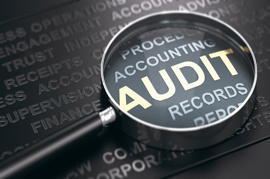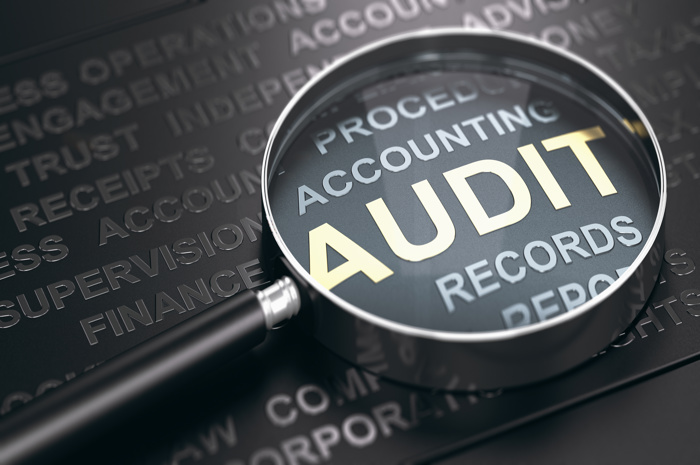The key difference between accrual accounting and cash accounting is the timing of when transactions are recorded. Cash accounting records income and expenses only when money is received or paid. Whereas, accrual accounting records revenue and expenses when they are earned or incurred, regardless of actual payment, providing a more accurate picture of a businesses financial position.
Accrual Accounting
Accrual accounting records income when you send an invoice, and expenses when you receive a bill, even if no money has been paid yet. This means you track what you have earned and what you owe at the time it happens, not when the money actually comes in or goes out.
This method gives a clearer picture of the businesses finances, it helps you see how much profit the business has really made in a certain period by matching the income with the actual associated costs.
Who Is Accrual Accounting Suitable For?
In the UK, accrual accounting is used by limited companies, larger VAT registered businesses, and those selling on credit or handling stock and staff. Smaller businesses often use cash accounting instead. The thresholds for accrual accounting and cash accounting can be found on HMRC's Website
Advantages Of Accrual Accounting
- More accurate and complete view of the businesses financial position and performance.
- Makes it easier for businesses to manage current resources and plan for the future.
- Conforms to UK accounting standards.
Disadvantages Of Accrual Accounting
- Cash flows will need to be recorded separately, adding more complexity to the businesses accounts.
- Does not provide an accurate short-term outlook for the business.
- Paying tax on income before actually being paid by the customer.
Example
Let's imagine that you run a consultancy firm. You have provided your services and you have sent your client an invoice for £1,000 on 20 March 2025, however, the client will pay you on 20 April 2025.
Under the accrual accounting method, you will record the £1,000 as income in March, rather than April. This is because that is when the invoice was sent out and the business will have earned the £1,000 revenue.
Cash Accounting
Cash basis accounting records income only when it is received, and expenses only when they are paid. It does not include invoices sent or bills received until the money is actually paid.
For example, if you buy supplies on credit in June but pay in July, the expense is recorded in July. This method does not track accounts receivable or payable, making it simpler but less detailed.
Who Is Cash Accounting Suitable For?
Cash accounting is best suited for small businesses and sole traders with simpler finances, especially those with a turnover of £150,000 or less who qualify for the scheme. It works well for businesses that get paid immediately, such as hairdressers and cleaners that want to closely track their real time cash flow. However, it is less suitable for businesses that sell on credit and/or manage large inventories.
Advantages Of Cash Accounting
- Straightforward to use.
- Tracks real time cash flow.
- Suitable for smaller businesses.
Disadvantages Of Cash Accounting
- Less accurate picture of the businesses performance.
- Not suitable for larger and more complex businesses.
- No tracking of accounts receivable/payable.
Example
A barber completes a £30 job on 25th July but gets paid on 2nd August. Under cash accounting, the income is only recorded on the 2nd when the money is received. Nothing is recorded on the day the service was done.
Accrual vs Cash
| Accrual Accounting | Cash Accounting | |
| Timing of Income and Expenses | Recorded when earned or incurred | Recorded only when the money is received or paid |
| Tracks Accounts Receivable/Payable | Yes | No |
| Financial Picture of Business | More accurate. Reflects the true financial position | Less accurate. Only shows the cash available |
| Complexity | More complex. May require software or an accountant | Simpler to manage, especially for smaller businesses |
| Tax Timing | Tax may be due before any money is received | Tax is only due once the money has been received |
Suitability | For larger businesses, limited companies and those offering credit | Small businesses, sole traders and those paid immediately |
What's More Suitable For My Small Business?
For small businesses that deal mostly with immediate transactions, such as barbers, hairdressers and tradespeople, cash accounting can be a more suitable option. If your business is not handling large amounts of stock or offering credit to customers, this method lets you keep track of your income and expenses as money actually comes in and out.
That being said, if you want a more complete and up to date picture of your businesses financial position, accrual accounting might be worth considering. It shows what the business has earned and what you owe, even if the payment is yet to be received. This can be especially helpful for planning ahead or making informed decisions.
Accrual accounting and cash accounting can both be used when running your small business; which method you choose purely comes down to how you prefer to keep track of the businesses finances. Hopefully this article has helped shed some light on which method best suits you and your businesses needs.
Looking For Further Information?
Hopefully this article has helped clarify the key differences between accrual and cash accounting, and which method is most appropriate for your small business. For more information on topics related to running your small business, feel free to explore our Knowledge Base. If you are looking for any further information, do not hesitate to contact us.























